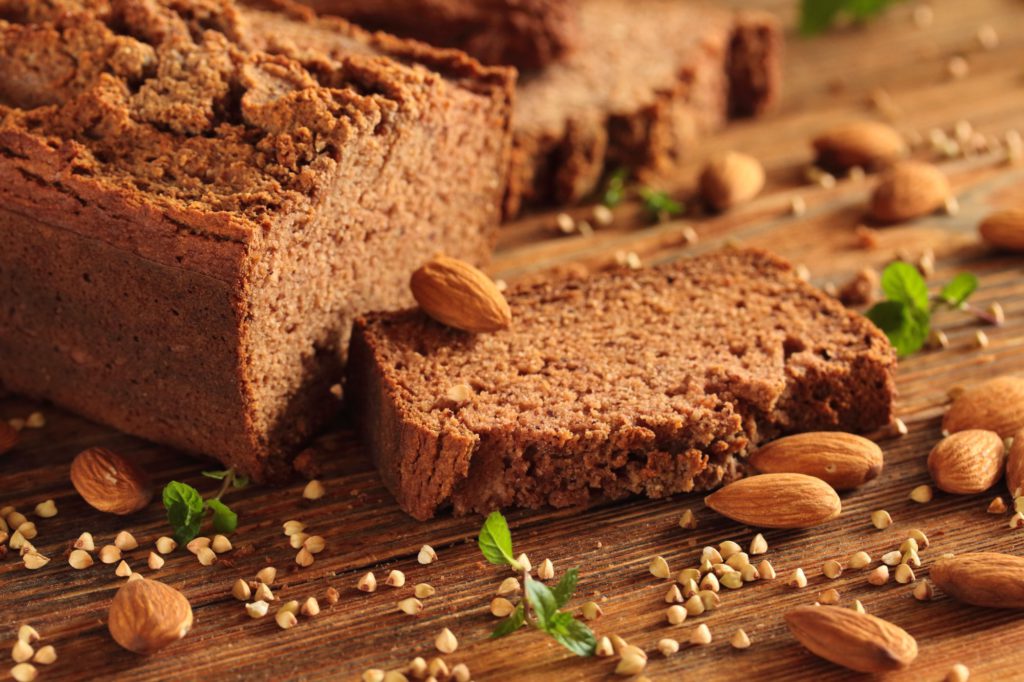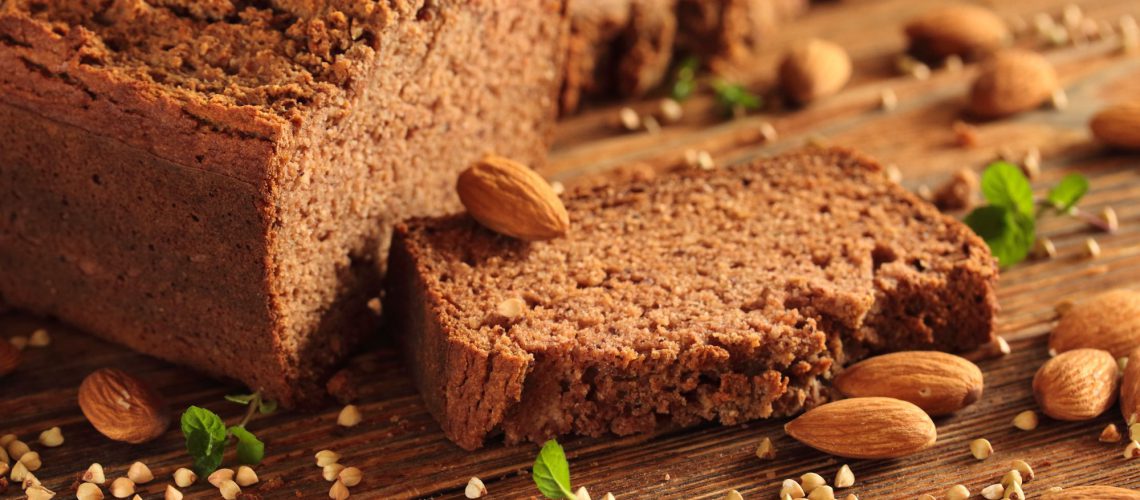
Are you thinking of beginning a gluten-free diet? For some people, cutting out gluten is beneficial for their long-term health. Many folks have found that some things are more delicious when made gluten-free.
But for other people, going gluten-free can actually make you less healthy. To avoid falling into this camp, consider the following six factors before you embark on your gluten-free journey.
1. Goals
It is critical to know what you hope to accomplish with your gluten-free diet before you begin it. Some folks go gluten-free to become “healthier” or lose weight. Others have a skin issue or intolerance that they are trying to solve.
By identifying your goals, you will be able to determine if cutting out gluten is actually right for you. Experts agree that there are many more effective ways to lose weight or achieve a healthy diet than by cutting out gluten. For example, many ice cream flavors are gluten-free, but that doesn’t make them good for you.
2. What Does Your Doctor Say?
Consider your doctor’s input before you cut out gluten entirely. Gluten is a protein found in wheat and barley and is not inherently bad for you (unless you have a medical intolerance). By cutting it out entirely and not finding appropriate substitutes, you might not get enough nutrients or fiber.
Consult your doctor or a dietician before cutting gluten completely out of your diet.
3. What Are the Long-Term Effects of a Gluten-Free Diet?
Are you planning to go gluten-free for the rest of your life? Are you planning to only cut it out for a month? Or do you plan to simply reduce the amount of processed gluten in your diet?
There are a lot of ways to proceed with a gluten-free diet. But it is essential to consider what your long-term plans are. If you’ve been gluten-free for a while, it will be hard on your body if you introduce it suddenly back into your eating pattern.
If you cut it out and then reintroduce it, plan to do so gradually.
4. Budget
Always consider your budget. Sometimes gluten-free options are a little more expensive than regular items. Consider the impact this diet change will have on your wallet before you commit to it.
5. What Will You Eat?
For some people, starting a gluten-free diet isn’t a big lifestyle change. But for others, it means a lot of careful planning.
Identify some recipes that work for you, and create a gluten-free meal plan. Consider meal delivery services as another way to get wholesome, gluten-free food on the table.
6. Plan Your Outings
Going out to eat will take a little more consideration on a gluten-free diet. Be prepared to ask your server about your options every time you go to a restaurant.
Gluten can be in anything, and you often won’t know until you ask. This even applies to things that seem like they would be gluten-free. Beware of soy sauce, gravies, and salad dressings especially.
Live a Gluten-Free Life
For many people, a gluten-free diet can be lifechanging. But to know if it’s right for you, you need to consider the above six factors.
Was this article helpful? Learn about other great diet options here.

